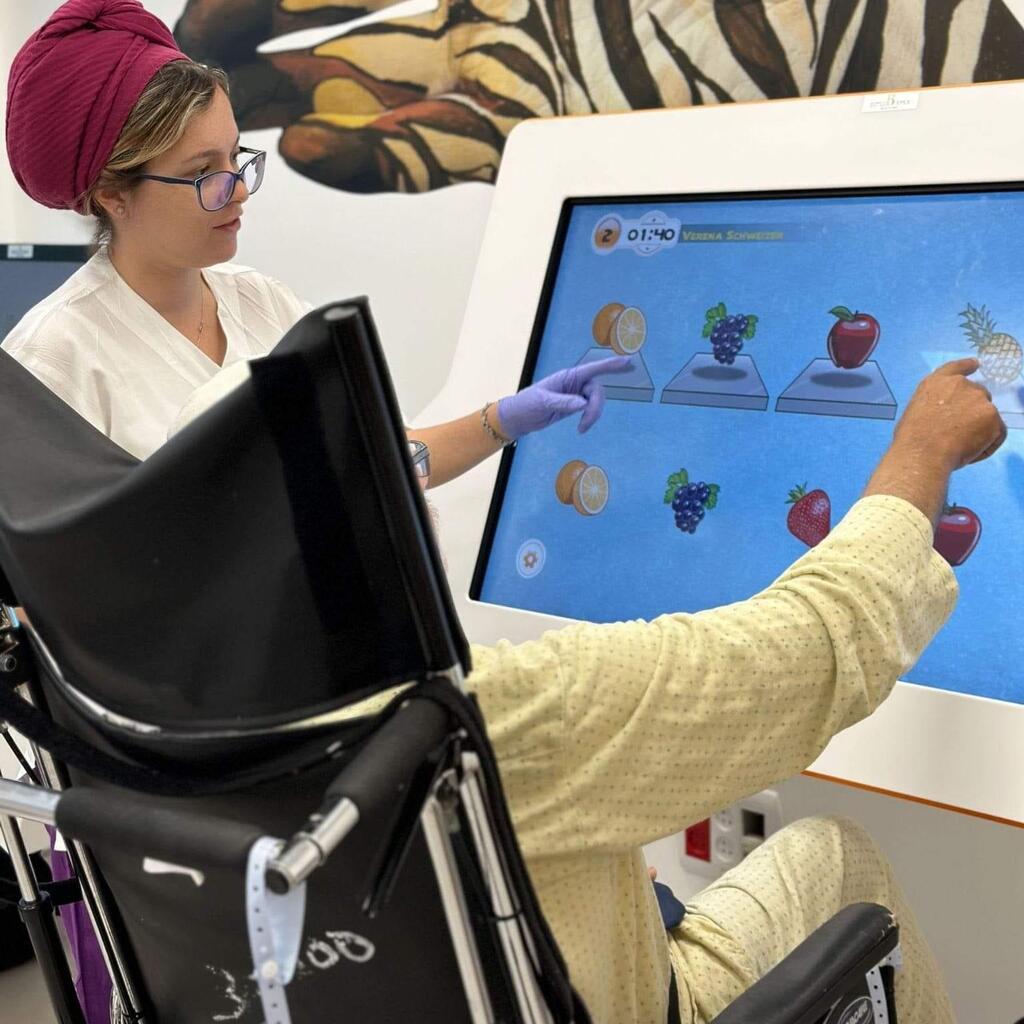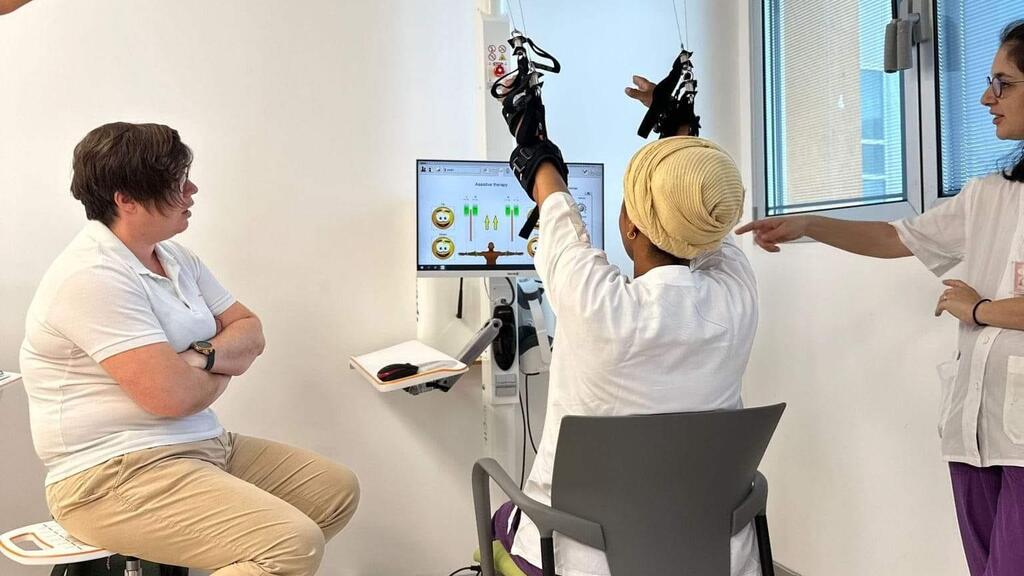At a certain stage in life, we become familiar with the concept of "geriatrics." This typically happens when an elderly family member suffers from medical issues that require special treatment, and then questions surface: What exactly is geriatric treatment, and how does it differ from regular treatment? Why do the elderly need different care than others, and what sets geriatric hospitals apart? What should be done when a grandparent's health starts to decline, who should we turn to, and how can we help?
More stories:
Does an elderly person require special treatment?
Yes. In older age, changes occur in the body's responses to diseases and healing processes. Just as there is a field of medicine that specializes in children, there is also one that specializes in senior citizens. There is a significant difference between treating the elderly and treating younger age groups, and this is the foundation of geriatrics: to learn what sets adults apart from the elderly and provide treatment accordingly.
2 View gallery


Working with a geriatric patient at Shmuel Harofe Geriatric Medical Center
(Photo: Shmuel Harofe Geriatric Medical Center)
Here's an example: When a young person experiences a simple illness, such as a urinary tract infection, they receive antibiotic treatment for three days, recover and then forget about it. For the elderly, it's different. Such a simple illness may be accompanied with or followed by confusion, memory decline, falls, and incontinence. Each of these symptoms can result from various illnesses.
With infants, it's clear that after illnesses, they lose some of the abilities they acquired and need to be taught again. The same is observed in the elderly.
At what age is a person considered elderly? After all, there are people over 70 who exercise more and function better than some young people.
True, and this can be misleading. Nonetheless, starting at age 65, there is a decline in the body's reserves, and any stress can lead to illness. Even emotional stress can cause deterioration, which may lead to cognitive decline, functional decline, hospitalization, and even death. Therefore, one must be vigilant regarding any health issue at this age.
What characterizes geriatric treatment, and what does it include?
Geriatric treatment combines all health care professions. A geriatric doctor doesn't just provide antibiotics, but rather considers the entire environment of the elderly person and all their capabilities.
For example, let's say an elderly person didn't feel well, visited the doctor, received antibiotics, and was sent home, where they then fell and fractured their hip. Why did this happen? Because at the clinic, they were unaware that their muscles had weakened, they were no longer walking like before, and there were carpets or insufficient lighting near the bathroom. A geriatric doctor would have been aware of all these factors and would have avoided discharging the person home so quickly.
What characterizes a geriatric hospital?
Treatment in a geriatric hospital is highly professional. First and foremost, the hospital provides optimal conditions for the elderly: they are in rooms with only two beds, equipped with special mattresses to prevent pressure sores and sensors to prevent falls. Televisions are also provided for patients to watch their favorite shows and maintain cognitive abilities.
In the internal medicine department, rehabilitation, physiotherapy and occupational therapy are available. Social and emotional therapy is also crucial because social and emotional issues constitute a significant part of the problems in old age.
Today, it is common to seek psychogeriatric consultation. What is this profession, and how does it differ from regular geriatrics?
There is no difference between psychogeriatric and geriatric. Some geriatric specialists undergo specific training, such as in psychogeriatric care, to deepen their knowledge in this field.
2 View gallery


Working with the elderly at Shmuel Harofe Medical Center
(Photo: Shmuel Harofe Medical Center)
Grandpa's health is declining and he needs nursing assistance. What should his family do?
First of all, they should conduct assessments with a geriatric doctor nurse, and social worker. All of these professionals can be found in a geriatric hospital, and it is recommended to undergo the process there.
During the assessment, the category that the elderly person belongs in will be determined - whether they are in need of nursing care since they are physically weak and mentally weak, or in need of complex nursing care. If there is a chance for improvement, that will also be noted. Based on the assessments, the next steps will be decided. One option is to keep the elderly person at home and then check with the nursing care law to find out how how many hours of assistance they are entitled to from the state. Another option is to move them to a nursing care facility. It is important to emphasize that the assessment is intended to define the elderly person's condition and not for the purpose of guardianship. Conservatorship assessments are a separate and different process.
Why is it important to be meticulous about taking necessary medications at this age?
There are medications for managing chronic diseases that can prevent or slow down deterioration, but sometimes they are given excessively. There is a joke in geriatrics about an elderly person taking a medication to prevent blood clotting, and then adding another medication to counter the side effects of the previous one – for example, stomach pain – and then adding another medication for stomach pain, and so on. While this is clearly a joke, it does hold some truth. This is overtreatment, and it is unnecessary.
What is the most important recommendation in your opinion for people of this age?
It is recommended to emphasize preventive medicine: vaccinations, treatment of chronic diseases and achieving balance, avoiding overtreatment, undergoing cognitive and functional assessments by geriatric specialists, ensuring optimal conditions in nursing homes and the elderly person's environment to prevent falls, and addressing social problems. In sum, we need to care for the elderly before they start declining.
The author is a geriatrics specialist and the director of Shmuel Harofe Medical Center in Be'er Ya'akov

